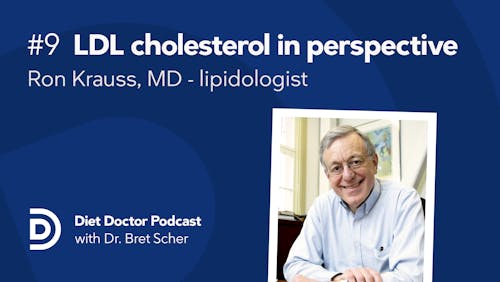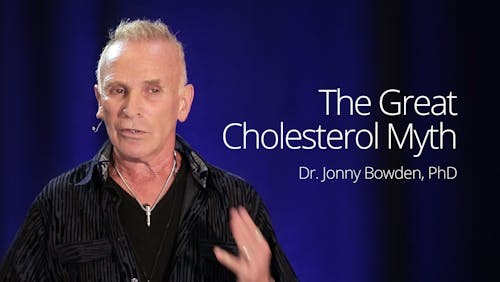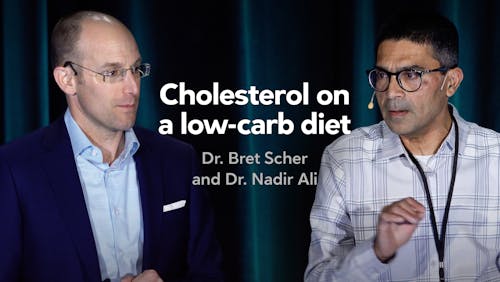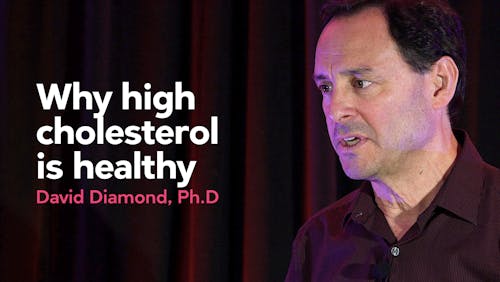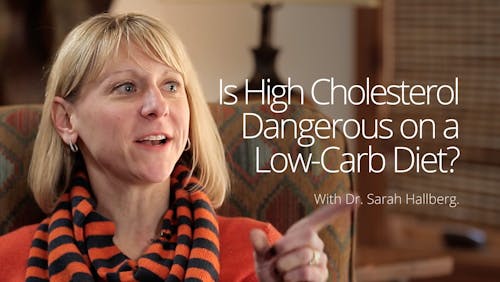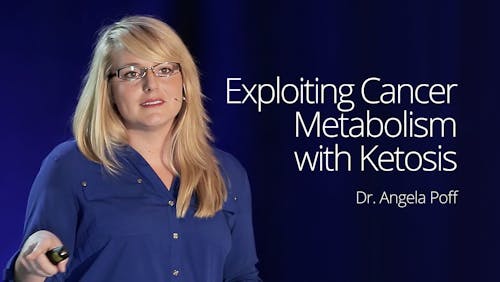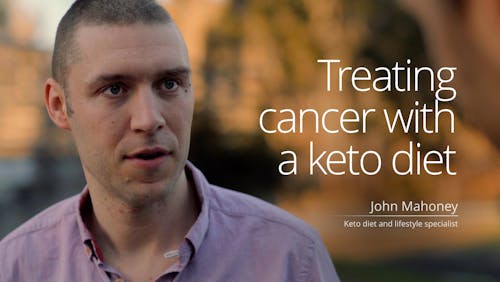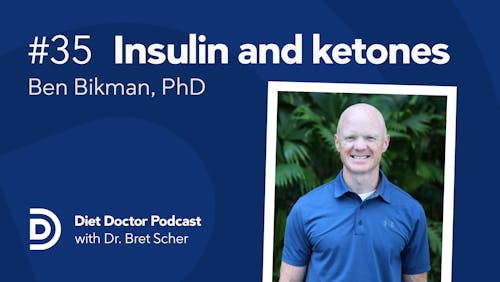NuSI study raises potential concerns about a keto diet

A new study from Kevin Hall, funded by NuSI, suggests that a ketogenic diet worsens lipid, inflammatory and glucose markers and thus may be a health concern.
The study, published in the journal Obesity, enrolled 17 overweight subjects without diabetes and kept them in a metabolic ward for eight weeks. This is an impressive undertaking as it requires the subjects to give up their lives for the study, and it requires that the study provide every single meal that the subjects consume. This is the main strength of the study. There is no question of whether the subjects were following the prescribed diet or not. They had no choice!
For the first four weeks, they ate a control diet of 15% protein, 50% carbohydrates and 35% fat. Then they transitioned to an isocaloric diet of 15% protein, 5% carbohydrates and 80% fat for four weeks. Again another strength. This was a true low-carb diet.
As for the results, weight loss is difficult to assess given the nonrandomized protocol and because the subjects started losing weight right away on the baseline diet. But more interestingly, the authors showed that inflammatory markers CRP and IL-6 increased on a ketogenic diet, as did LDL cholesterol (going from 125 mg/dl to 150) and HDL (44 to 46). Overall insulin levels dropped as did triglycerides.
They also measured the insulin and glucose response to test meals while on a ketogenic diet which showed impaired insulin sensitivity to a “control meal” but improved insulin sensitivity to a keto meal.
There has already been quite a bit of discussion on Twitter regarding the fact that the LDL was calculated rather than directly measured and how this might affect the results. There is no question that direct LDL measurement is a more accurate test, but it’s unclear how much that impacts these findings. The standard calculation of LDL becomes less accurate at low LDL levels (below 70) and higher triglyceride levels (above 200). Neither one was the case in this study, so I am not sure how important that is.
More concerning for me, however, was that this was only a four-week study. As a physician, I am not interested in what happens over a four week period of starting a new diet. At four months I might start to get interested, and at four years you definitely have my attention. But four weeks? That is practically insignificant in my book.
It is well established that the body takes time to transition to a fat-burning metabolism, so we would not expect to see complete metabolic effects of a ketogenic diet within such a short time frame, and the data hints that this is the case. Looking at the inflammatory markers, both CRP and IL-6 decreased from week three to week four on the ketogenic diet. Would this pattern continue in subsequent weeks, months or even years? Would the inflammatory markers eventually equal or go below the baseline diet levels? I would hypothesize yes, but this study doesn’t answer that question. Also, studies have shown that an initially elevated LDL-C can return to normal after 6 or 12-months, and the more important marker of Apo B may not go up at all.1 Again the study does not address this question. (Unfortunately, Apo B was not measured, and LDL-P was not measured, either.)
Last, the insulin and glucose response to sample meals also is likely inadequate to measure after such a short time frame on the keto diet.
In the end, while the authors deserve recognition for meticulously controlling the data, we are left wondering if the data has any meaningful contribution to real life. In the real world, we are concerned about our lifetime health, not just our health in the next four weeks.
For more on cholesterol, please see our guide on cholesterol:


Cholesterol and low-carb diets
Guide Read this guide to learn what cholesterol is, how your body uses it, why low-carb and keto diets may lead to a change in blood cholesterol levels, and whether you should be concerned if your cholesterol increases with a keto or low-carb lifestyle.
Thanks for reading,
Bret Scher, MD, FACC
Earlier
Study shows red and white meat increase large (but not small) LDL particles
Does LDL play an important role in peripheral nerve function?
Videos about cholesterol
Videos about keto
Annals of Internal Medicine: Weight and metabolic outcomes after 2 years on a low-carbohydrate versus low-fat diet [randomized trial; moderate evidence]
Cardiovascular Diabetology: Cardiovascular disease risk factor responses to a type 2 diabetes care model including nutritional ketosis induced by sustained carbohydrate restriction at 1 year: an open label, non-randomized, controlled study [non-controlled study; weak evidence] ↩


